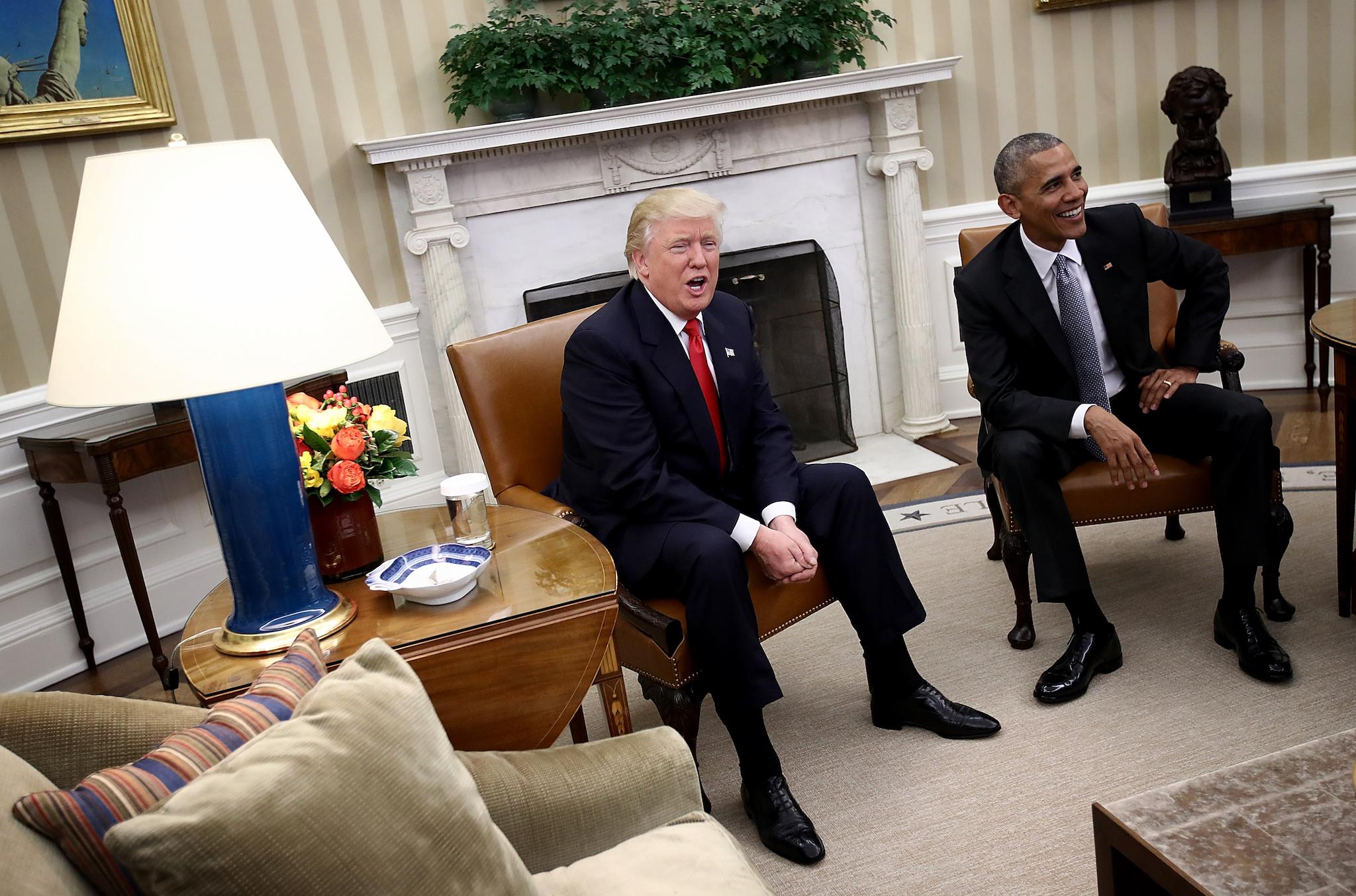Donald Trump could still theoretically not be president because of ‘faithless electors’ and the electoral college
The electors can still change their minds before a meeting in December, and if enough of them did then it would theoretically reverse the result of the election

Your support helps us to tell the story
From reproductive rights to climate change to Big Tech, The Independent is on the ground when the story is developing. Whether it's investigating the financials of Elon Musk's pro-Trump PAC or producing our latest documentary, 'The A Word', which shines a light on the American women fighting for reproductive rights, we know how important it is to parse out the facts from the messaging.
At such a critical moment in US history, we need reporters on the ground. Your donation allows us to keep sending journalists to speak to both sides of the story.
The Independent is trusted by Americans across the entire political spectrum. And unlike many other quality news outlets, we choose not to lock Americans out of our reporting and analysis with paywalls. We believe quality journalism should be available to everyone, paid for by those who can afford it.
Your support makes all the difference.It’s still theoretically possible for Donald Trump not to become president. But the near-impossibility all depends on the electoral college and the strange US system.
Donald Trump might have won the election by getting more of the votes in the electoral college than Hillary Clinton did. But strictly and legally, it’s not the election that just happened that matters: it’s the one where the members of the electoral college go and represent their voters and pick their candidate.
That’s due to happen on 12 December, at meetings in each state where all Republican or Democrat representatives – depending on how each state voted – will cast their vote. And it will almost certainly go one way, with most of the electors casting their ballots for Donald Trump and making him President.
But that could, theoretically, not happen. Members of the electoral college could potentially change their mind – becoming what is known as a “faithless elector” – and so cast their ballot for somebody else, or not at all.
The phenomenon of the faithless voter is giving people hope that perhaps Donald Trump won’t actually become the President of the US. It’s almost impossible that it would make any difference, but it does show that Donald Trump’s path to presidency might not be simple.
Unless something terrible happened, it would practically impossible to convince the electors that they should change their mind and switch to Ms Clinton – which would have to happen to a huge number of voters to even change the result. The party is in the process of coalescing behind Mr Trump, said Jacob Parakilas, deputy head of the US and Americas programme at Chatham House, and so any electors would have to defy the party if they chose not to vote for him.
The electors are chosen in large part because of their loyalty and service to the party, meaning that they are perhaps the least likely people in the world to go against their party’s line. It’s possible that some of them will retain a commitment to the kind of “never Trump” belief that some of the Republican party united around, but even in that case they will almost certainly just vote for nobody – or for another Republican like Ted Cruz or Mitt Romney – meaning that a large portion of the college would have to rebel to make any difference.
But perhaps more likely is that something happens that convinces the voters to change their mind away from Trump, so that the Republicans could have another candidate instead. That might happen if something bad happened for Trump, including if he became engulfed by another scandal or had issues with his work as president-Elect.
If enough voters did that, then there could be no winner of the electoral college and the result of the election would not carry.
In that case, it would pass the election to the House of Representatives – the members of which would only be able to chose another candidate who had won some electoral votes, giving them the choice only of Hillary Clinton and Donald Trump.
They’d then be able to spoil that ballot and pass the decision on to the Senate. They’d then get to pick another person – which would likely be Mike Pence.
No electors have turned faithless in recent elections. The last was in 2004, when an anonymous Minnesota elector was meant to vote for John Kerry but instead voted for his running mate, John Edwards. That one appears to have been a mistake.
But there have been electors in the past who have opted not to support their candidate because they disagree with them – about one per cent of all cases. And even in this election a couple of voters suggested that they might switch their vote away from Hillary Clinton because they didn’t like her.
In many states, it’s perfectly legal for electors to change their minds. More than a dozen states don’t have laws to punish them if they do go rogue.
But it remains almost impossible that anything will happen that will stop Mr Trump’s electors, meaning that he will almost certainly find himself becoming the president.
Join our commenting forum
Join thought-provoking conversations, follow other Independent readers and see their replies
Comments